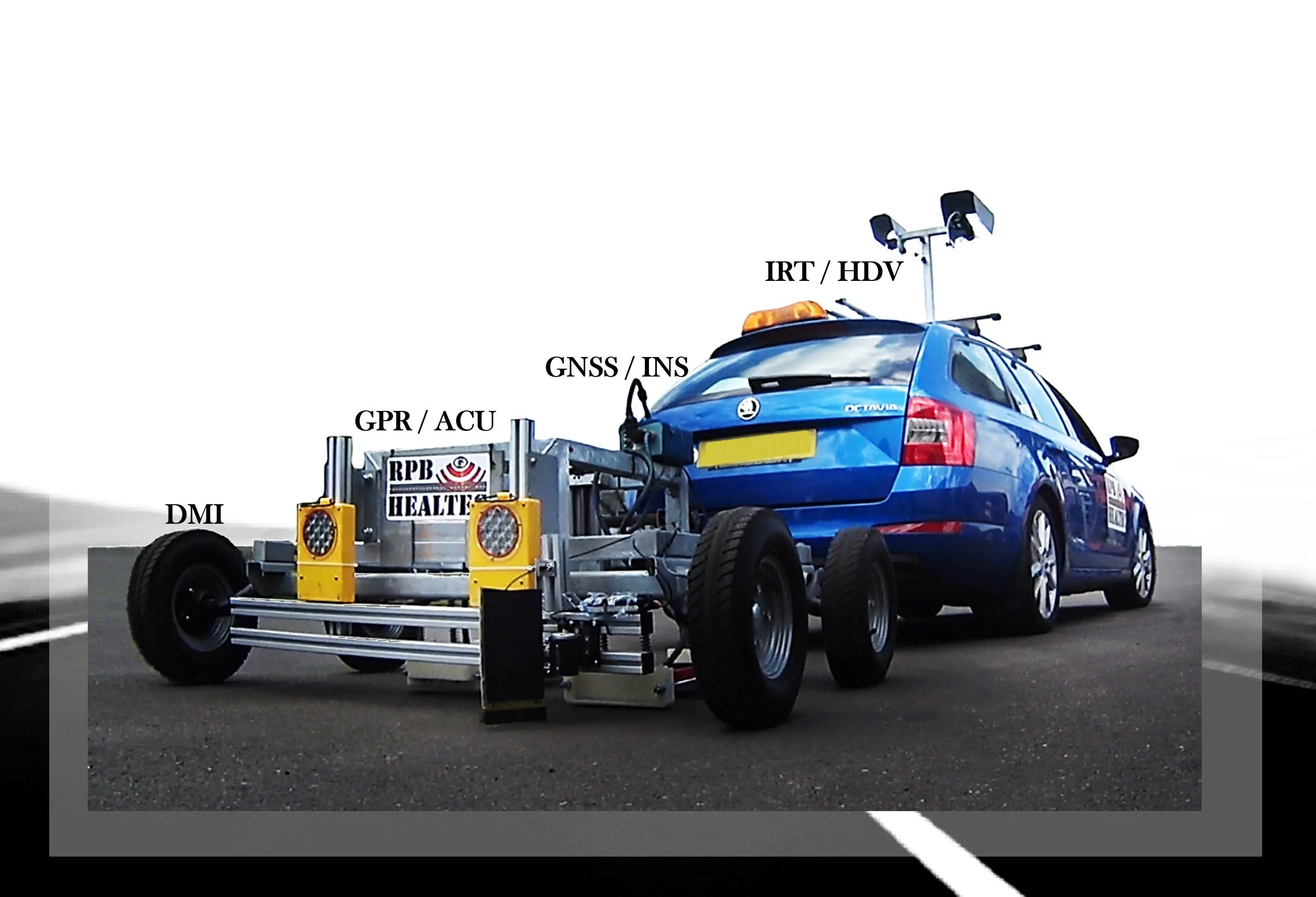A new computer system is said to offer huge benefits for maintaining transport infrastructure. This is the product of a world-leading computing project and is called Data and Analytics Facility for National Infrastructure, DAFNI. The project commenced in 2017 to provide world-leading research capabilities to help improve the UK’s infrastructure systems, by making them more resilient and effective.
DAFNI can help ensure the UK’s infrastructure is sustainable by running detailed simulations that show a range of scenarios and outcomes, which allows key decisions to be made.
DAFNI is a national computational resource available to academia and industry, allowing this essential research to be undertaken to ensure stability for the UK’s long-term planning and investment in transport for example.
DAFNI is being designed and developed by STFC’s Scientific Computing Department, the UK facility that provides large scale high performance computing facilities, computing data services and infrastructure.
After two years of development, the DAFNI team are ready to start making a difference to the resilience of UK infrastructure in the face of catastrophic events, with a host of successful pilot schemes already in place.
“DAFNI is the tool that the infrastructure industry has been waiting for and it has the power to make a real difference to people’s everyday lives. The team and I are looking forward to working with some of the country’s top planners and policy-makers to ensure we are getting the best systems in place for the future of the UK.”
The powerful computing resource will be able to simulate and plan for the infrastructure demand for services for every household in the UK. It offers innovative software which will allow researchers across academia, UK Government and related industries to study complex infrastructure systems in cities and in the UK as a whole.
DAFNI is funded through an £8 million investment from the Engineering and Physical Sciences Research Council, as part of the UK Collaboratorium for Research on Infrastructure and Cities (UKCRIC).
%$Linker:
DAFNI tests UK road infrastructure resilience
A new computer system is said to offer huge benefits for maintaining transport infrastructure. This is the product of a world-leading computing project and is called Data and Analytics Facility for National Infrastructure, DAFNI. The project commenced in 2017 to provide world-leading research capabilities to help improve the UK’s infrastructure systems, by making them more resilient and effective.
DAFNI can help ensure the UK’s infrastructure is sustainable by running detailed simulations that show a range
June 10, 2019
Read time: 3 mins







